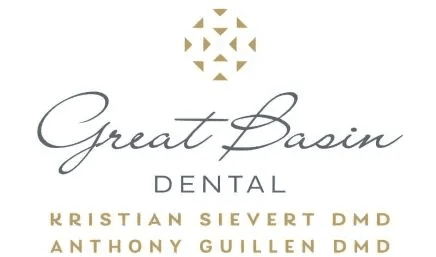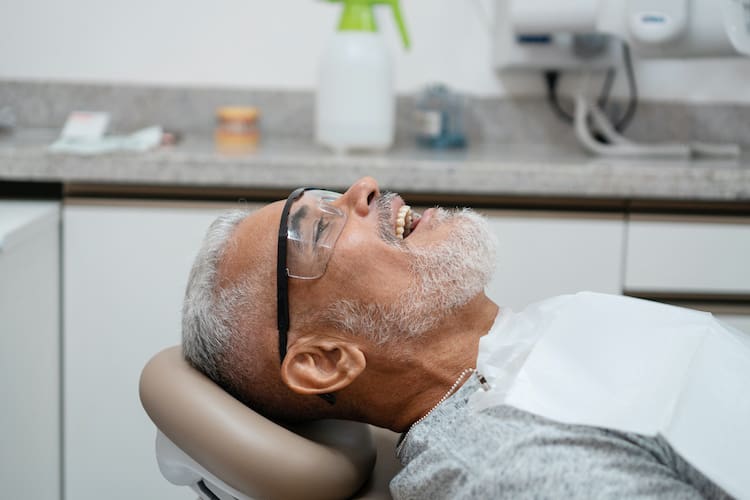For many patients, visiting the dentist can be a source of anxiety or fear, especially when facing complex or lengthy procedures. Sedation dentistry, particularly oral conscious sedation, offers a safe and effective way to ease that anxiety and make the experience more comfortable. If you’re considering or have already scheduled a procedure involving oral sedation, proper preparation can make a significant difference in both your comfort and the outcome of the treatment.
Understanding Oral Conscious Sedation
Oral conscious sedation involves taking a prescribed sedative medication by mouth, usually in pill form, prior to your dental procedure. Unlike general anesthesia, which renders you completely unconscious, oral sedation often keeps you awake but deeply relaxed. You should still be able to respond to questions and follow simple instructions, but you may feel drowsy and have little memory of the procedure afterward. Commonly used medications include diazepam, triazolam, or lorazepam, depending on your specific needs and medical history.
Medical Evaluation and Consultation
Before your appointment, your dentist will conduct a thorough consultation to determine whether oral conscious sedation is right for you. This process includes a review of your medical history, any current medications, and your level of dental anxiety. Be open about your health conditions, such as respiratory issues, liver function, or sleep apnea, as these may influence your eligibility for sedation. If you’re pregnant, breastfeeding, or trying to conceive, you should also discuss this with your provider, as certain sedatives may not be appropriate.
During this initial consultation, your dentist will also explain what to expect during sedation and answer any questions you might have. It’s important to understand the limitations and benefits of oral sedation so you can feel confident going into the procedure.
Pre-Sedation Instructions
Your dentist will provide specific instructions to follow before your appointment. One of the most important is fasting. Typically, you should avoid eating or drinking anything for at least six hours before your procedure unless otherwise directed. This helps reduce the risk of nausea and better ensures your body processes the sedative properly. However, if you take regular medications, check with your dentist to see whether they should be taken with a small sip of water.
You should also arrange for someone you trust to drive you to and from the appointment. The effects of oral sedatives can last for several hours after the procedure, making it unsafe to drive or operate machinery. Your driver should ideally stay with you during recovery or at least check in on you for a few hours afterward to ensure you’re comfortable and alert.
Dress comfortably on the day of your procedure. Loose-fitting clothes and layers are ideal, as dental offices can sometimes be cool. Avoid wearing makeup, heavy perfumes, or jewelry. These may interfere with monitoring equipment or the dentist’s access to your face and mouth.
What to Expect During and After the Procedure
You’ll typically take your medication around an hour before the procedure begins. As the medication takes effect, you should feel increasingly relaxed, and any feelings of anxiety should melt away. Though you’ll remain conscious, you may not remember much about the procedure afterward, a benefit for many patients with dental phobia.
After the appointment, you’ll continue to feel drowsy and may need several hours to fully recover. Plan to rest at home for the remainder of the day and avoid any activities that require concentration or coordination. Drink plenty of water to help flush the medication from your system, and stick to soft foods if your mouth is sore or numb.
Sedation Dentistry in Reno, NV
At Great Basin Dental, we understand the fear and anxiety a dentist’s office can create. But you don’t have to let your fear get in the way of a healthy and bright smile. We offer sedation dentistry to our patients to provide comfort and safety during both routine and more invasive procedures. Contact our office today to schedule a consultation and see if sedation could be right for you.

